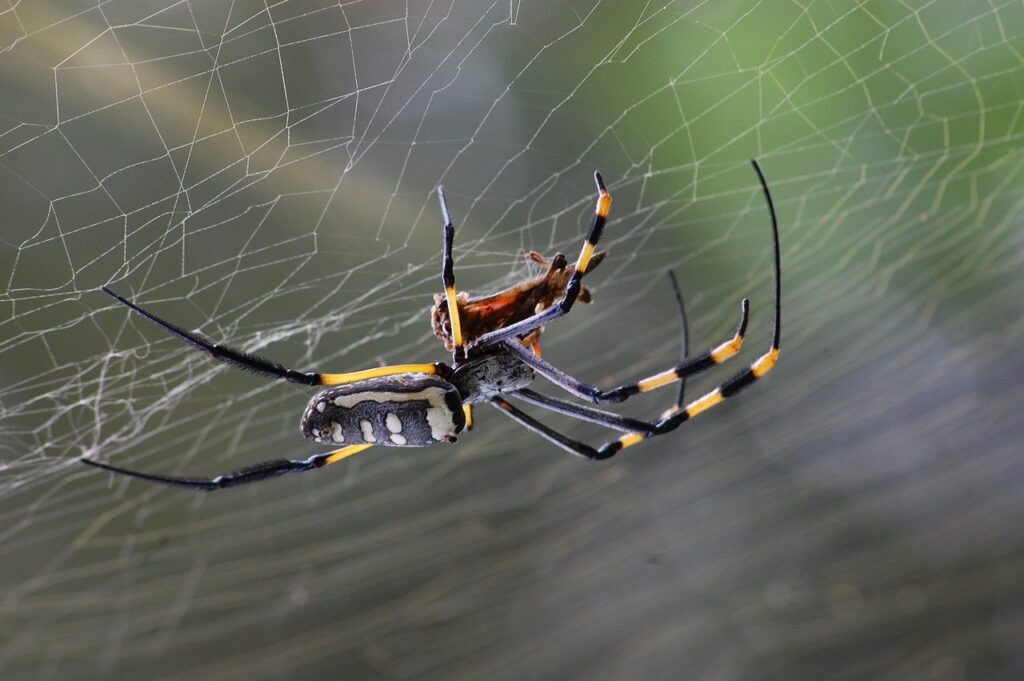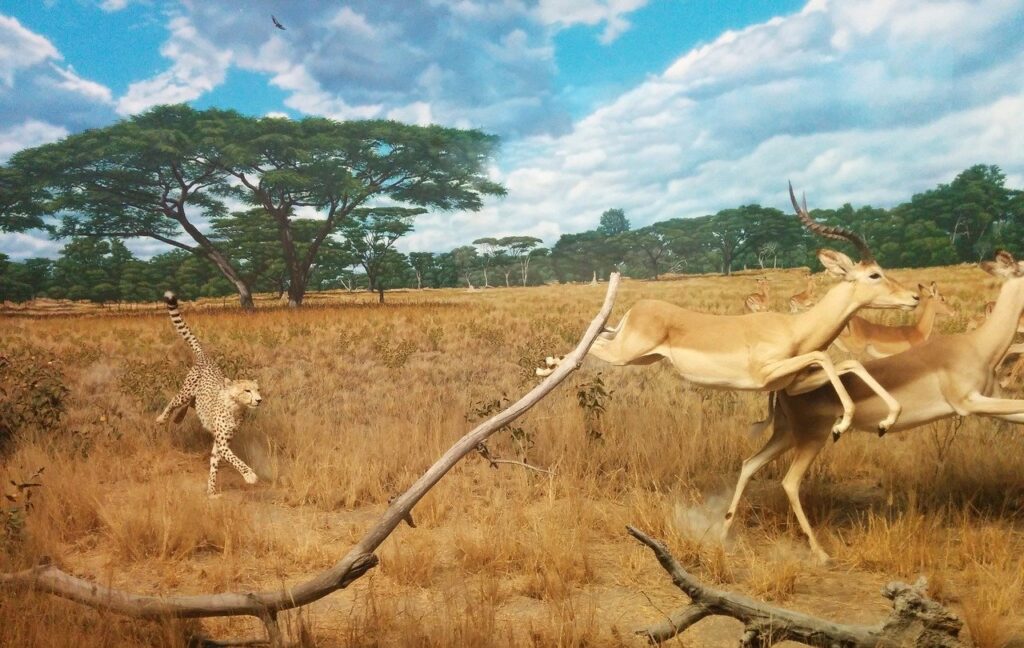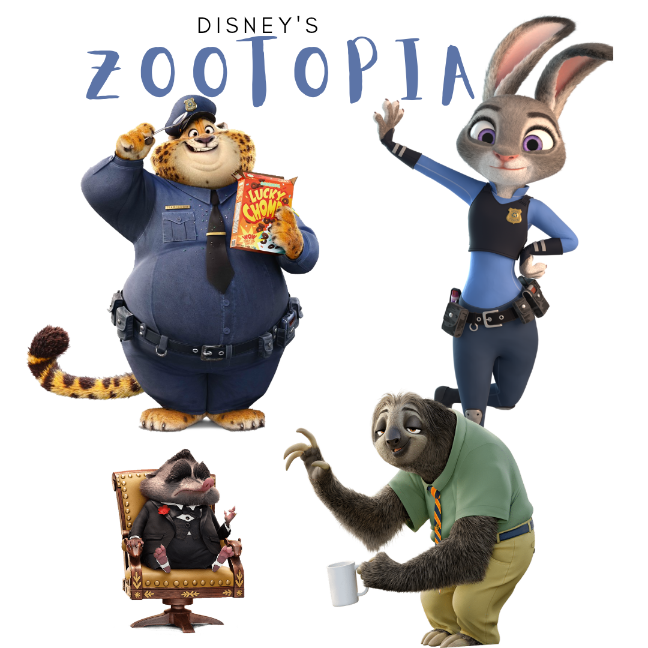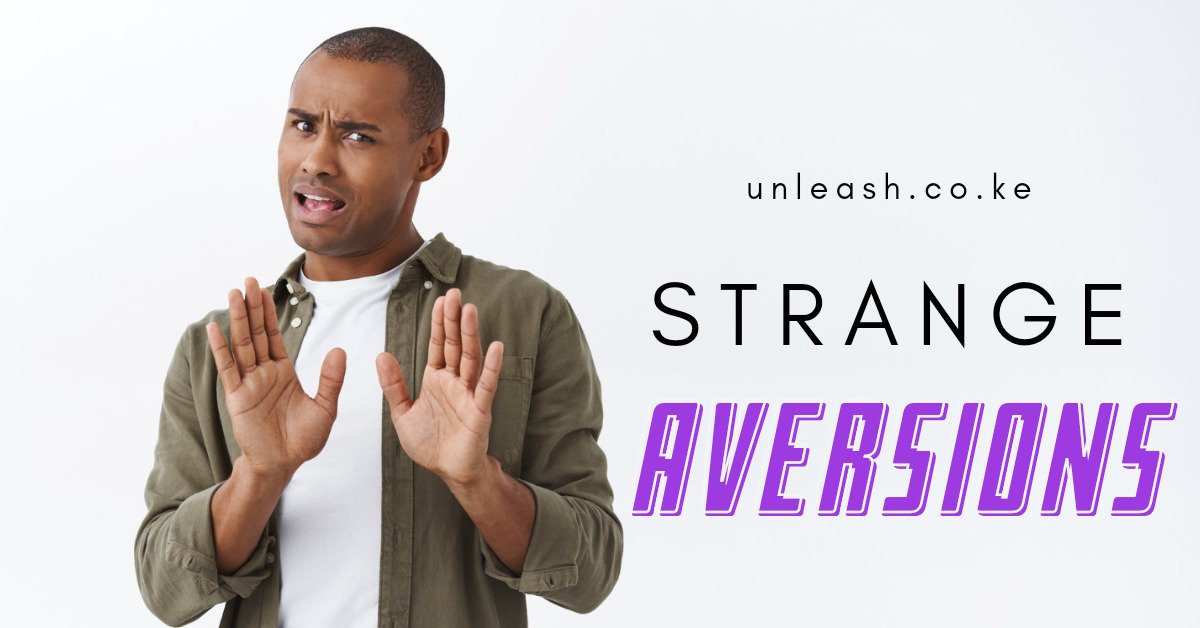It started as a tweet, then it turned into a strange cultural dissent, and now, here I was, seated across a counsellor, resounding his words in my head, “Hey, you have to embrace who you are becoming.”
Once more, the ever stubborn question resurfaced, “Who am I?” It’s funny, a minute ago you felt aware of yourself, then suddenly you have utterly no clue.
But beyond my own crisis, I wanted to understand how we become the persons we are, both now and in the future, because this is the quarter life, and it’s the phase of becoming. So I kept thinking about the tweet and here goes the story.
The value chain

There was something about this tweet – its open dissidence; promoting an unpopular view that strangely resonated with me. And no, this wasn’t a religious or political dissidence. It was cultural. It shocked me that despite its indifference, I bought in to it.
While trying to make meaning of this tweet and its impact, I theorised what I’d call the value chain of knowledge. It’s one of the perks of being an intelligent species – our minds are capable of handling the intricacies of knowledge.
We can consume knowledge, evaluate it, accept or reject it, and finally assimilate it.
We’re surrounded by tons of knowledge every day. It’s in the things that we see, hear, or read. Knowledge floats around in tons like never before (it’s the information age). By reading, watching or listening, we consume it.
Onwards after consumption, our minds process knowledge by evaluating the degree to which it agrees with our ideologies and thought patterns. The question here is, does this piece of knowledge resonate, does it fit into who I am?
The outcome of this evaluation informs the decision to accept, tolerate, or reject. If the incoming knowledge totally agrees with who we are, it is accepted.
For people without tolerance to indifference, the choice is in black and white – ‘accept’ or ‘reject’. So if the knowledge is found not to resonate, it is rejected, and the value chain ends.
Other people are a bit more malleable, and tolerate knowledge that doesn’t totally agree or resonate with who they are.
From acceptance, knowledge is assimilated into who we are. It is absorbed into our personalities, and becomes part of who we are and shapes us.
In real life, knowledge manifests in our actions, and that’s how we eventually become a fruition of the knowledge we interact with.
This is the peak of intelligence- being able to be shaped by knowledge. I guess it’s how we form tastes, likes and dislikes. Some are strange, like my strange aversion after reading the tweet.
For example, one might unknowingly be a vegan. Someday, they read an article that campaigns for abolishment of meat consumption, and encourages people to embrace life on a green diet.

Suddenly, this person resonates with the message, and they take up vegetarianism. The knowledge in the article shapes up the person’s view on food, and they end up with an aversion for meat. It might also alter their view on a bunch of other related issues.
Now, I realised that who we become, as an intelligent species is not just a fruition of inborn instinct or predispositions. There is a place for knowledge. Okay, so how much is the impact of knowledge and what would happen in the absence of knowledge?
The age old script
To realise the potential of knowledge, I went down a rabbit hole, looking into wildlife in it’s inability to process knowledge like us. Bear with me.
Again, I theorised that for all life forms, intelligent or non-intelligent, life follows a masterplan that informs every action. Call it a script.
The script is age old, but it runs infalible to this day. It’s canons are boldly spelt out and ingrained into the foundations of its subjects’ lives. Some of its subjects live by the script’s plot word for word, so much that their entire life’s identity is set in stone.
Here the rabbit hole deepens. Bear with me again.
Consider the lion cab in its innocence: by order of the script, it grows up into a savagery flesh eating monster. At its sight, prey instinctively take to heel, racing for their lives, just as the script directs. Predator charges, prey flees.

The same predatory instinct runs in the silk spewing bug we call a spider. Fortunately for its prey, the spider is given to tactical, less savagery methods. What it lacks in claws and jaws, it aptly makes up for in weaving skills, and a silk mill embedded in its plump abdomen.
With these, the spider makes formidable snares, lies back to watch prey fall in and helplessly try to break loose, just to swoop in for the kill. Such a taste of schadenfreude!
Unlike the heroic spiderman, the real world spider is a monster with great power and a taste for flesh! That is its becoming, handed down by the script – a tactical predatory bug.
Now, contrary to what meets the eye, not all were written off to be brutes and villains. In the midst of savagery ways, the script afforded wildlife a streak of honor and virtue.
The ant, known for its strength and exemplary work ethic makes an excellent case for virtue. It devotes most of its time to work, resting for a few power naps a day.
Talking strength, not even the big-name Arnold Schwarzenegger would hold a candle to the ant. The ant can lift as much as fifty times its weight, and some species up to a hundred times. Strong and virtuous – this is the ant’s becoming, as written on its script.
No liberty of choice
When who you are and what you become is set in stone, you live in oblivion, driven exclusively by instinct. Whatever you do is done to fulfill a fated, scripted identity, from which there is no amnesty. The script strips you off the liberty of choice and limits your free will.
If your script says predator, you have to hunt game like a savage, or starve. You don’t get the dignity of buying meat from a store. If your script says prey, you have to live life on the run, and delay the inevitable bite of death for as long as you can.

You don’t get a drop of mercy, or try to spin the creaky wheels of justice against your aggressors. That’s how it works.
From the word go, one’s becoming is limited, and there’s no liberty of choice or amnesty from this predicament.
Bridging the great divide
Is there a way for wildlife to break away from the script, and take up a boundless life? Can the great divide between wildlife and civilised humanity be abridged?
There’s a chance, but fictitious. Such defiance from the age old script could only work in the cinematic world of Disney or the folk tales our grannies tell, by giving animals human level intelligence.

Zootopia is an exemplary peek into a scriptless world, one where bunnies don’t hop around sniffing for carrots, but chase after offenders of the law; where giraffes buy fresh, squeezed acacia juice rather than tiptoe over tree tops; where gazelles become prolific singers rather than grazers; where rats run business empires; where leopards catch obesity and crave donuts; where in the most unlikely of places, you find sloths working behind a DMV counter, and ironically driving fast cars.
This is an out of the world depiction of what intelligence can do – help savage animals rig their way out of primitive life and brandish them with diverse identities.
Devoid of intelligence, animal life sticks to its inborn instinct, and so its becoming remains rigidly constant. There is no room for knowledge to shape
But on the civilised side of the great divide, where humans reside, the script is lax, wielding significantly lesser control.
Our script
Civilisation’s script plays out in two plots – the ‘involuntary baseline plot’ and the ‘self-imposed plot’ (I coined these terms, haha). The involuntary baseline plot is meant for the life-critical functions and specific attributes that make us human. We have no control over this plot.
Our bodies keep to its finest detail: hearts keep beating, fingers grow nails for which we seem to have no use, eyelids keep blinking, stomachs never seem to have enough of food, lungs keep admitting and expelling air, while the brain micromanages in the background.
On top of these physiological functions, the involuntary baseline plot encompasses the senses, feelings and emotions that define humanity – hunger, thirst, pain, pleasure, happiness, sadness, and suchlike.
In as much as the involuntary baseline makes us human, the true distinction between wild and civil comes to light in the self imposed plot. It’s the plot we write ourselves. Intelligence gives us the mental acuity needed to write and run our own plots.
The value chain of knowledge is one of the many ways we get to exercise intelligence to shape our own personalities, identity and write our own scripts. This is a great privilege to make use of the vast wealth of knowledge available to us.
Without knowledge, we’d be constrained by a limited script that only satisfies the bare minimum.
But, it can be a liability to have intelligence and lots of knowledge at disposal. There is risk, that as we are bombarded with knowledge, we might end up assimilating that which is not a reflection of who we are, especially when we are not aware of ourselves and what we stand for in an overly opinionated world.
On the bright side of it: interacting with knowledge might help to reveal hidden truths about ourselves; truths we have to embrace.
Lastly and most importantly, we have to keep introspecting, searching ourselves to reveal who we are and what we stand for as a precaution against assimilating ideas that dissent away from our person.
There’s never been a better time to know what one stands for than now.

Great I like the creativity.
interesting piece, its profoundly explained and makes any intelligent being resonate with everything. My name is Tom based in Juja and I got prolific love for writing especially on topics that seem so obvious and yet left fully explored. I believe stories are real change drivers.
This is a lovely piece that got me thinking how much our daily interactions have influence on who we perceive ourselves to be
I love this piece. An eye opener. And food for thought too. Now I know better in the way I may be influenced in my standards and morals. Good work Dan!